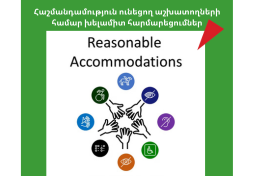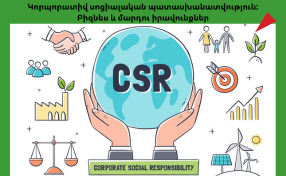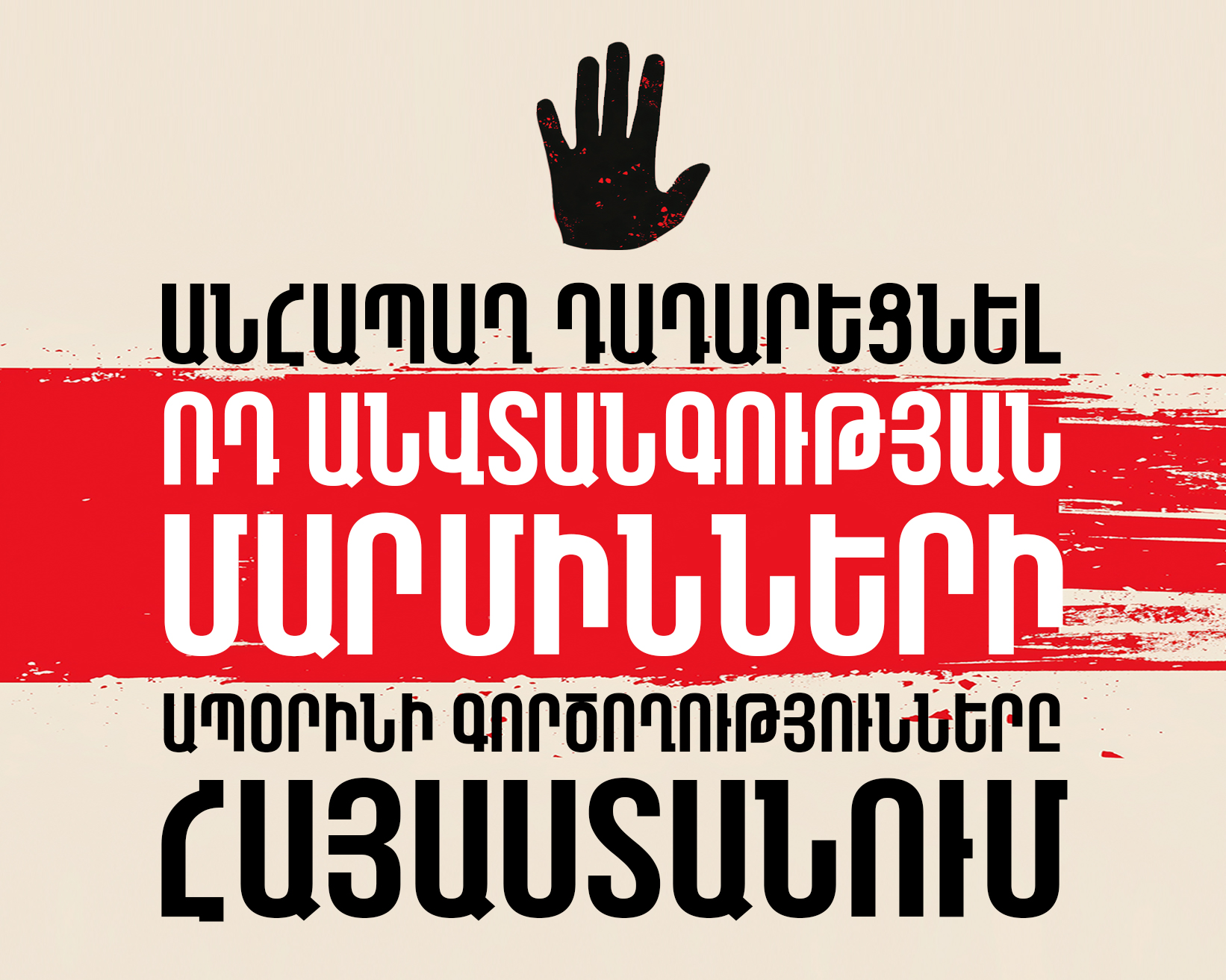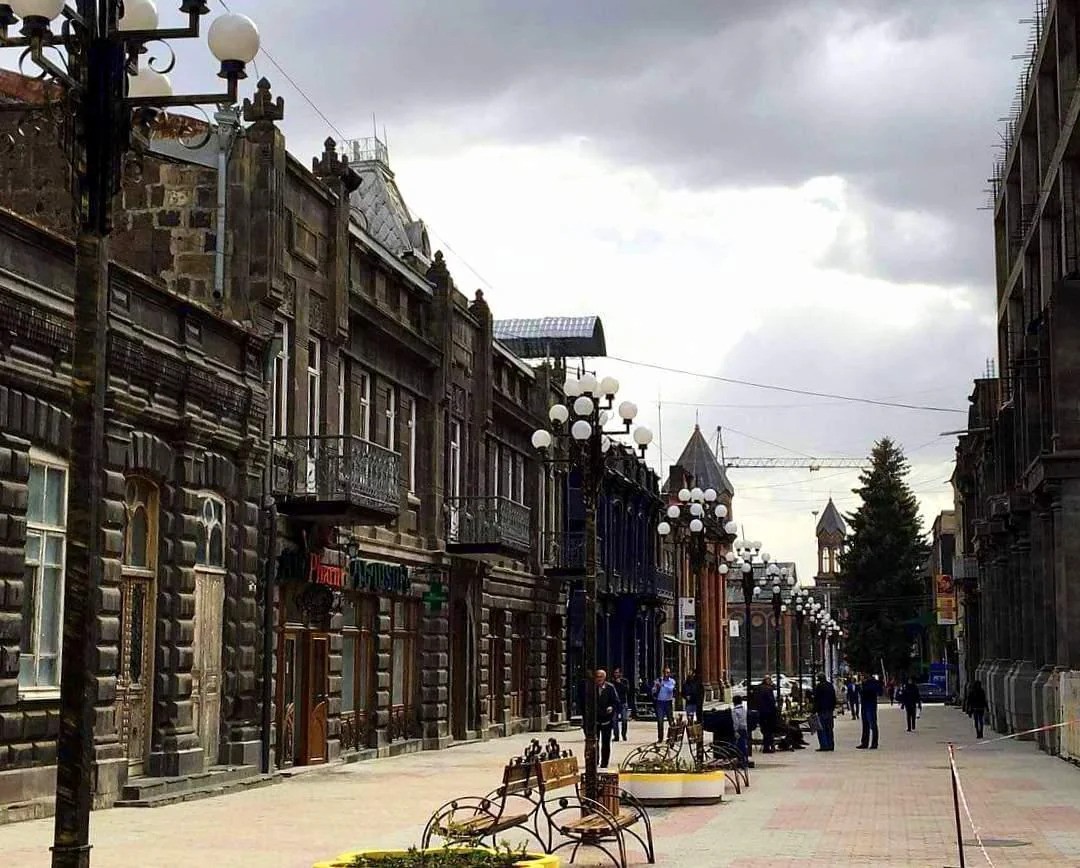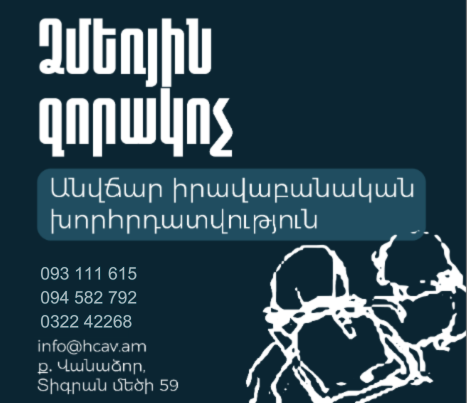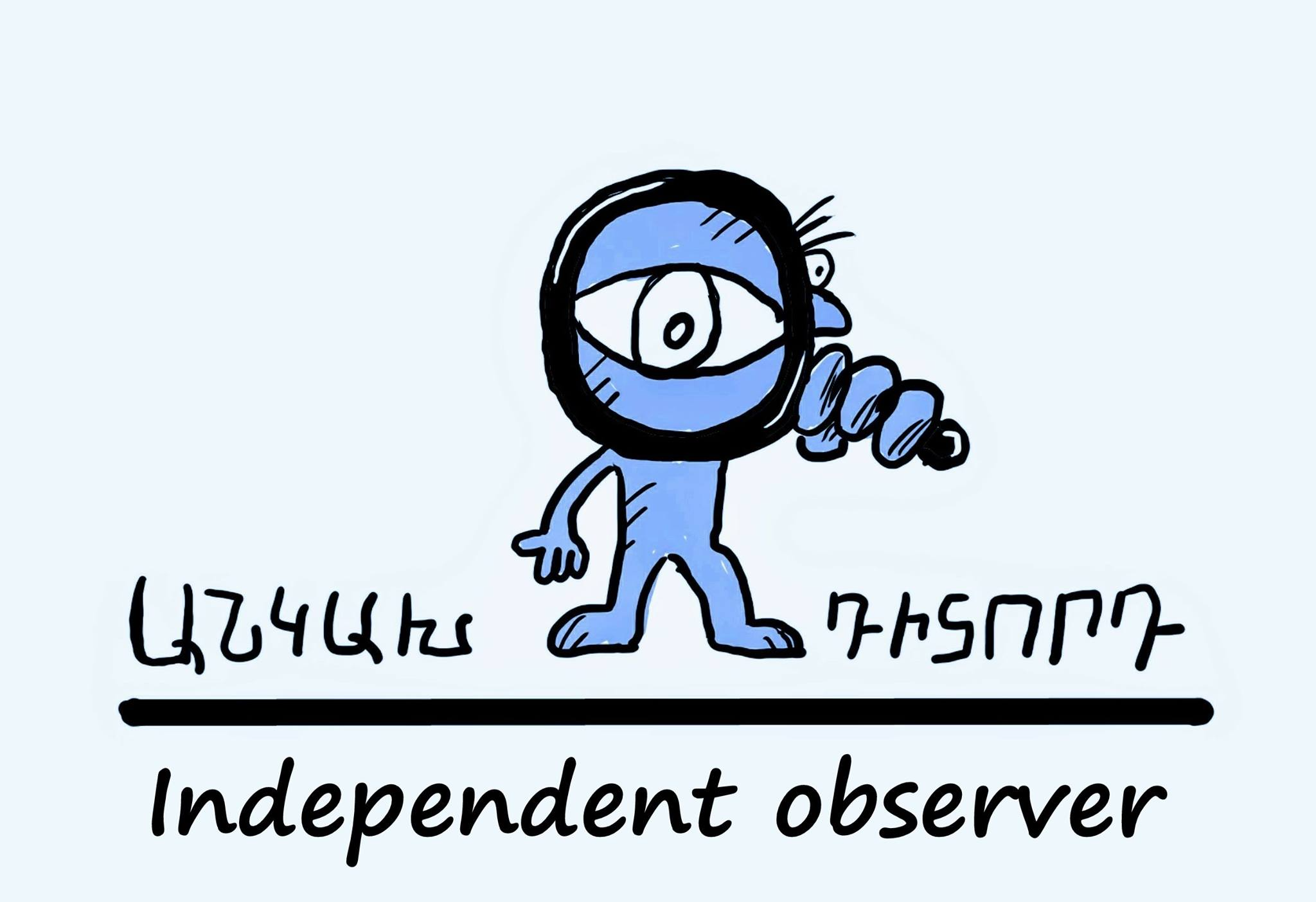




OUTCOME DOCUMENTS OF THE 2021 OSCE PARALLEL CIVIL SOCIETY CONFERENCE
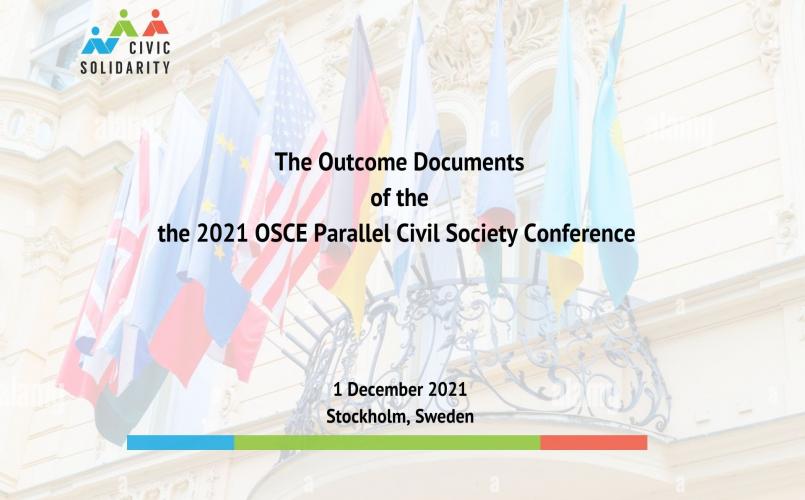
Civic Solidarity Platform published the Stockholm Declaration, a part of the outcome documents from the OSCE Civil Society Conference held on 1 December in Sweden as a part of a tradition that builds on top of the OSCE parallel civil society conferences in Astana in 2010, Vilnius in 2011, Dublin in 2012, Kiev in 2013, Basel in 2014, Belgrade in 2015, Hamburg in 2016, Vienna in 2017, Milano in 2018, Bratislava in 2019, and Tirana in 2020. At the conference, activists from across the OSCE region discussed and endorsed the Outcome Documents of the conference, developed by the Civic Solidarity Platform. Today we publish the remaining documents from the Conference.
The Outcome Documents include the Stockholm Declaration on the Need to Critically Review and Strengthen the OSCE’s Work on Conflicts to Strengthen Security, Protect Human Rights and Uphold the Helsinki Principles and Civil Society Recommendations to Participants of the Ministerial Council Meeting in Stockholm.
The Recommendations include chapters on civil society space and security of human rights defenders, the problem of political prisoners in the OSCE participating states, torture prevention and eradication a year after the MC Decision 7/20 in Tirana, and human rights in the occupied Crimea and uncontrolled parts of the Donetsk and Luhansk Regions of Ukraine. The Stockholm Declaration and some of the chapters of the Recommendations are based on the results of expert workshops and consultations, organised by the Civic Solidarity Platform with the support of the Swedish OSCE Chairpersonship.
The outcome documents are addressed to the governments of the OSCE participating States that are gathering in Stockholm for this year’s meeting of the Ministerial Council the Permanent Council on 2-3 December, as well as the OSCE political bodies and institutions, including the current and the incoming Chairpersonships, the OSCE/ODIHR, the OSCE High Commissioner on National Minorities, the OSCE Representative on Freedom of the Media, the OSCE Parliamentary Assembly, the OSCE Secretary General, the OSCE Secretariat, and the OSCE field operations.
We hope that this analysis and the recommendations that flow from it will be studied carefully at the Ministerial Council meeting and in the work of OSCE. We look forward to reaction from all interested stakeholders. While some of our recommendations may be implemented immediately, others relate to systemic problems and will require consistent effort over a longer period of time. We express our commitment as civil society actors to continue to actively engage in the work of OSCE in the spirit of the Helsinki Principles and our determination to contribute to the full realization of respect for human rights and fundamental freedoms, democracy and the rule of law throughout the OSCE region.
Outcome documents include:
-
The Problem of Political Prisoners in the OSCE Participating States
-
Torture Prevention and Eradication: A Year after the MC Decision 7/20 in Tirana
-
The Fight Against Corruption Needs Democracy and Human Rights
Annexes to the Outcome Documents:
Strong International Actions Are Essential to Stop Enforced Disappearances in Turkmenistan. Twenty Years after the Start of Mass Repression, OSCE Participating States Should Launch the Moscow Mechanism with Respect to Turkmenistan to Address Continued Gross Human Rights Violations (Russian version)





